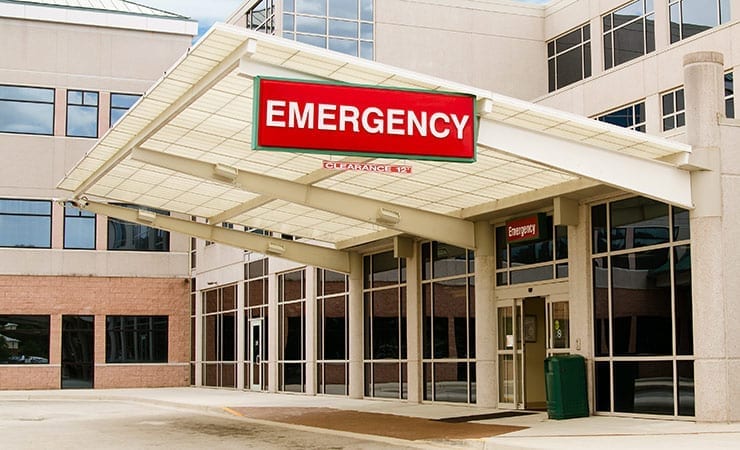The Institute of Medicine’s Forum on Medical and Public Health Preparedness for Catastrophic Events organized a series of three regional workshops in 2014 to explore opportunities to strengthen the regional coordination required in response to a large scale multi-jurisdictional disaster.
The purpose of each regional workshop was to discuss ways to strengthen coordination among multiple jurisdictions in various regions to ensure fair and equitable treatment of communities from all impacted areas.
A summary report of these workshops was published this week by the National Academies Press. Highlighted topic areas include:
- Challenges in Evacuation and Patient Tracking
- Information Sharing Across Sectors During a Response
- Reducing Clinical Surge Through Public Health and Community Services
- Building Community Resilience
- Promoting Cross Sector Collaboration
- Managing Volunteers Across a Region
- Building Sustainable Coalitions and Collaborations
When disaster strikes, it rarely impacts just one jurisdiction. Many catastrophic disaster plans include support from neighboring jurisdictions that likely will not be available in a regional disaster. Bringing multiple stakeholders together from sectors that do not routinely work with each other can augment a response to a disaster, but can also be extremely difficult because of the multi-disciplinary communication and coordination needed to ensure effective medical and public health response.
As many communities within a region will have similar vulnerabilities, a logical step in planning is to establish responsibilities and capacities, and be able to work toward common goals to address all-hazards when the entire region is affected.


